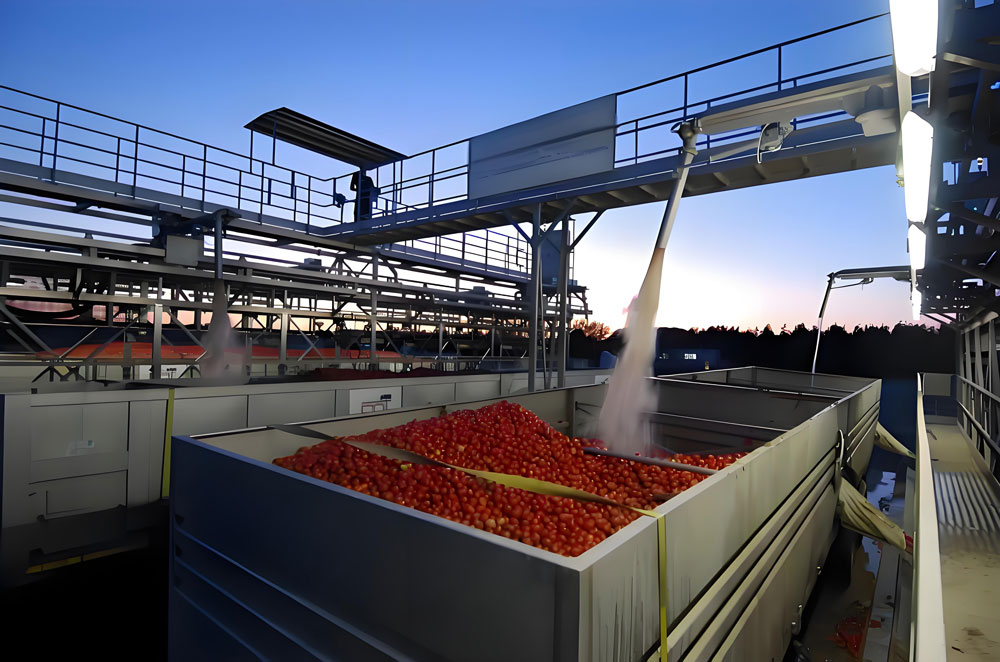
The tomato sauce industry is a booming sector with a high demand for quality products. As competition intensifies, manufacturers are constantly seeking ways to enhance the market competitiveness of their production lines. This article explores strategies to improve the market competitiveness of tomato sauce production lines, incorporating insights from recent industry developments and technological advancements.
The tomato sauce market is characterized by intense competition, with numerous players vying for market share. Key challenges include maintaining product quality, optimizing production efficiency, and adapting to changing consumer preferences. Additionally, regulatory compliance and sustainability concerns are becoming increasingly important.
Technological innovations play a crucial role in enhancing the competitiveness of tomato sauce production lines. Automation, advanced packaging solutions, and quality control mechanisms are some of the technologies that manufacturers can leverage to gain a competitive edge.
Automation is revolutionizing the food processing industry, and tomato sauce production is no exception. By integrating robotics and automated systems, manufacturers can significantly increase production efficiency and reduce labor costs. Automated systems can handle tasks such as sorting, peeling, and packaging, ensuring consistency and precision.
Benefits of Automation:
- Increased production speed and efficiency
- Reduced labor costs and human error
- Enhanced product consistency and quality
Quality control is paramount in the food industry. Implementing advanced quality control systems, such as machine vision and artificial intelligence (AI), can help detect defects and ensure that only high-quality products reach the market. These systems can monitor various parameters, including color, texture, and viscosity, to maintain product standards.
Key Quality Control Technologies:
- Machine vision systems for defect detection
- AI-powered analytics for predictive maintenance
- Real-time monitoring and feedback loops
Sustainability is a growing concern among consumers and regulators. Adopting eco-friendly practices can enhance a company's brand image and appeal to environmentally conscious consumers. This includes using sustainable packaging materials, reducing water and energy consumption, and minimizing waste.
Sustainable Practices:
- Using biodegradable or recyclable packaging
- Implementing water and energy-saving technologies
- Reducing food waste through efficient production processes
Data analytics and the Internet of Things (IoT) are transforming the way manufacturers operate. By collecting and analyzing data from various stages of the production process, companies can gain valuable insights into their operations. IoT devices can monitor equipment performance, track inventory levels, and optimize supply chain management.
Applications of Data Analytics and IoT:
- Predictive maintenance to prevent equipment failures
- Real-time inventory management and tracking
- Optimizing production schedules and reducing downtime
Packaging plays a crucial role in preserving the quality and extending the shelf life of tomato sauce. Innovative packaging solutions, such as vacuum sealing and modified atmosphere packaging, can help maintain product freshness and prevent spoilage. Additionally, attractive and functional packaging can enhance brand appeal and consumer satisfaction.
Innovative Packaging Solutions:
- Vacuum sealing to prevent oxidation
- Modified atmosphere packaging to extend shelf life
- User-friendly and visually appealing packaging designs
Xianhe Co., Ltd., a leading enterprise in the specialty paper industry, has demonstrated how strategic investments and technological advancements can enhance market competitiveness. The company has expanded its production lines and adopted advanced technologies to improve efficiency and product quality.
Key Initiatives by Xianhe Co., Ltd.:
- Expansion of production lines to increase capacity
- Implementation of advanced packaging and quality control systems
- Focus on sustainable and eco-friendly practices
Enhancing the market competitiveness of tomato sauce production lines requires a multifaceted approach. By embracing automation, implementing advanced quality control systems, adopting sustainable practices, leveraging data analytics and IoT, and enhancing packaging solutions, manufacturers can gain a competitive edge in the market. As demonstrated by Xianhe Co., Ltd., strategic investments and technological advancements are key to achieving long-term success in the tomato sauce industry.
For manufacturers looking to enhance their market competitiveness, it is essential to stay abreast of the latest industry trends and technological advancements. Investing in automation, quality control, sustainability, data analytics, and innovative packaging can provide significant benefits. By adopting these strategies, companies can improve their production efficiency, product quality, and brand appeal, ultimately achieving greater market success.
Pre :
Next :


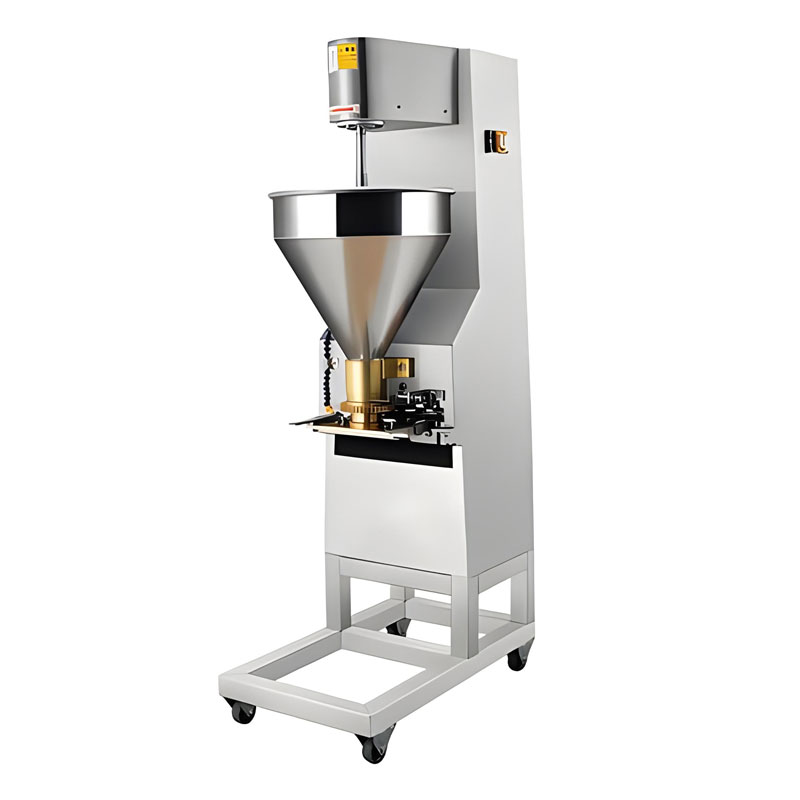
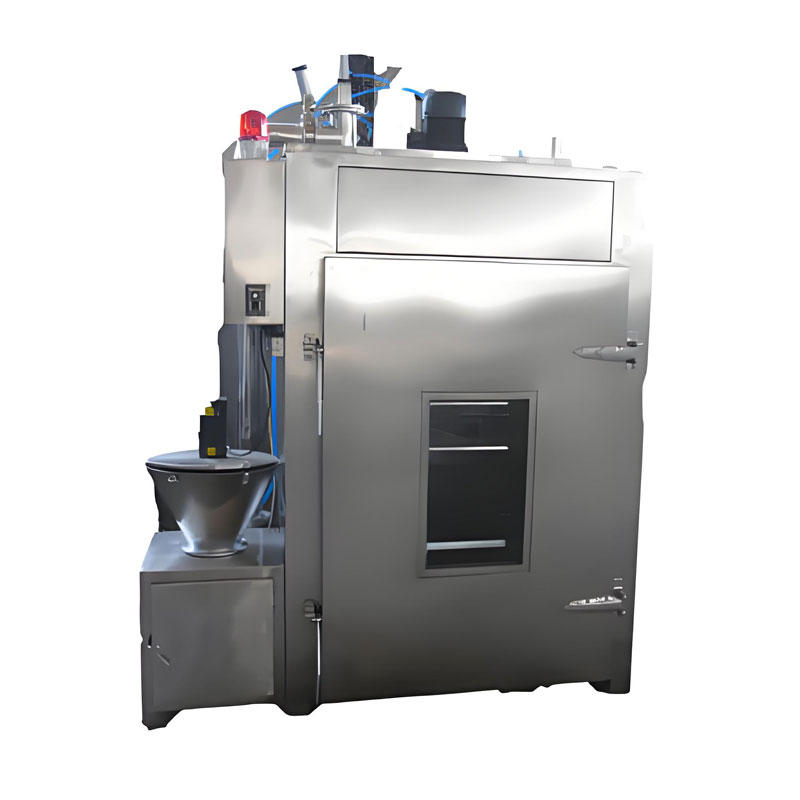
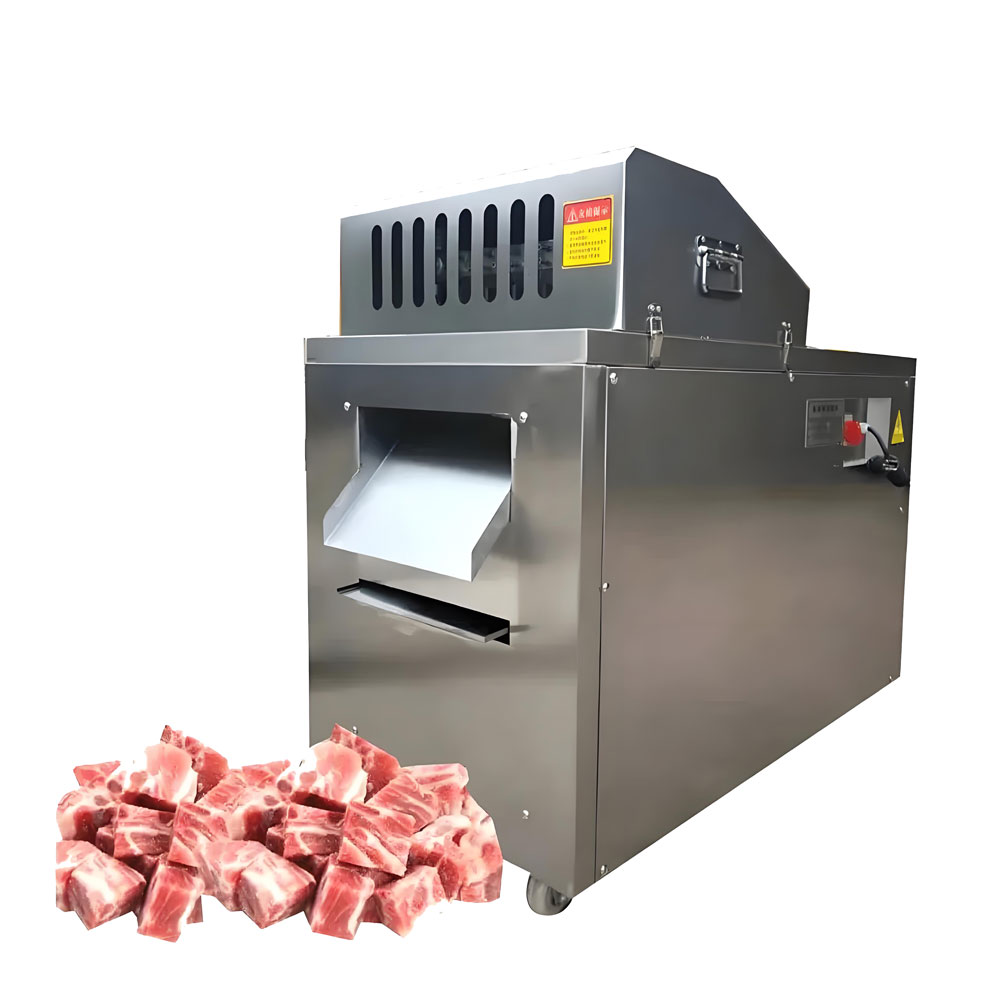
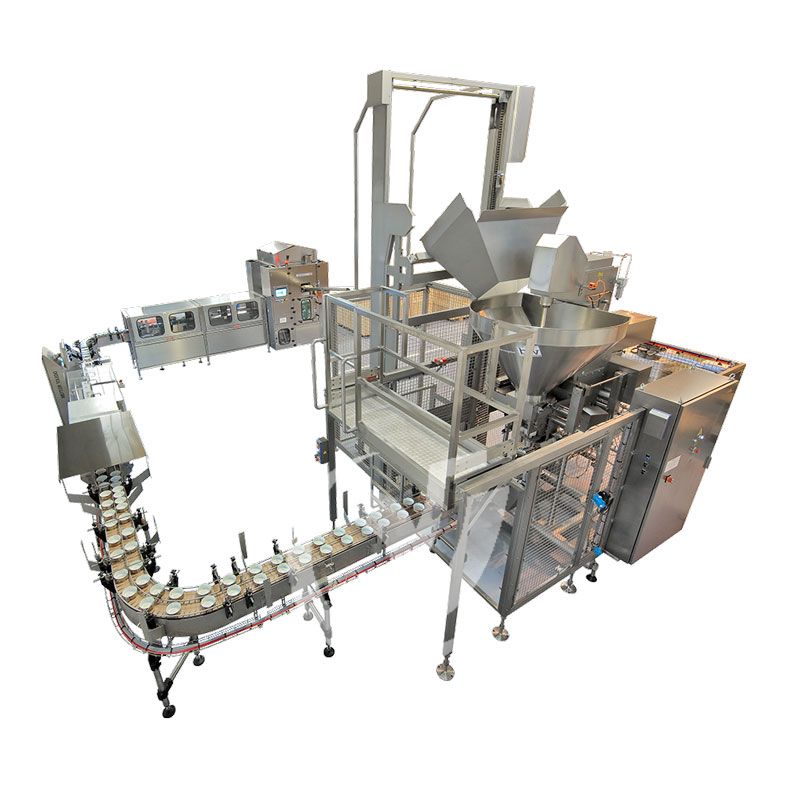

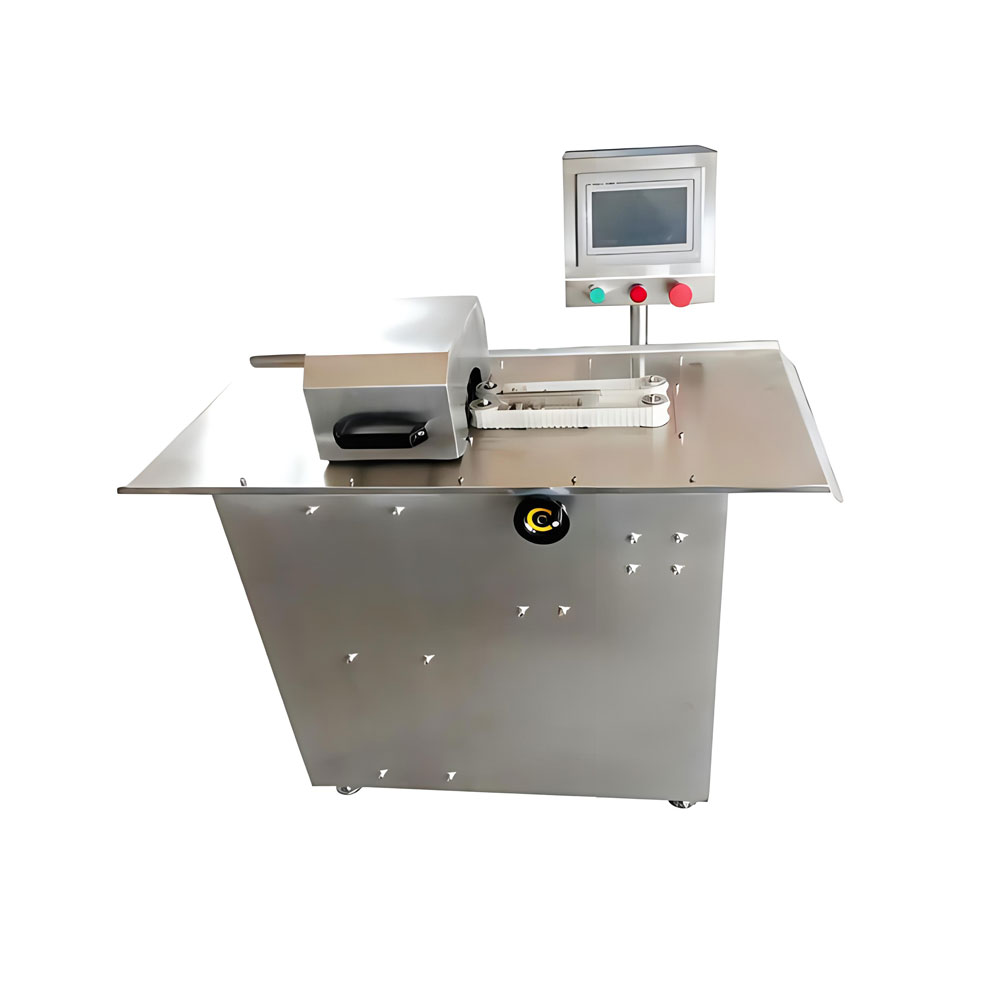
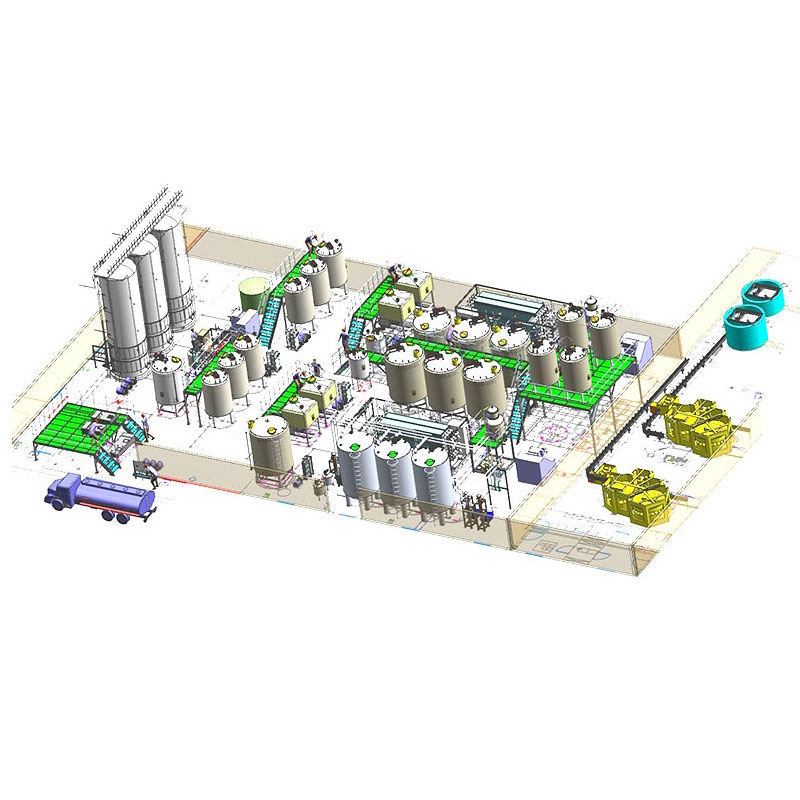
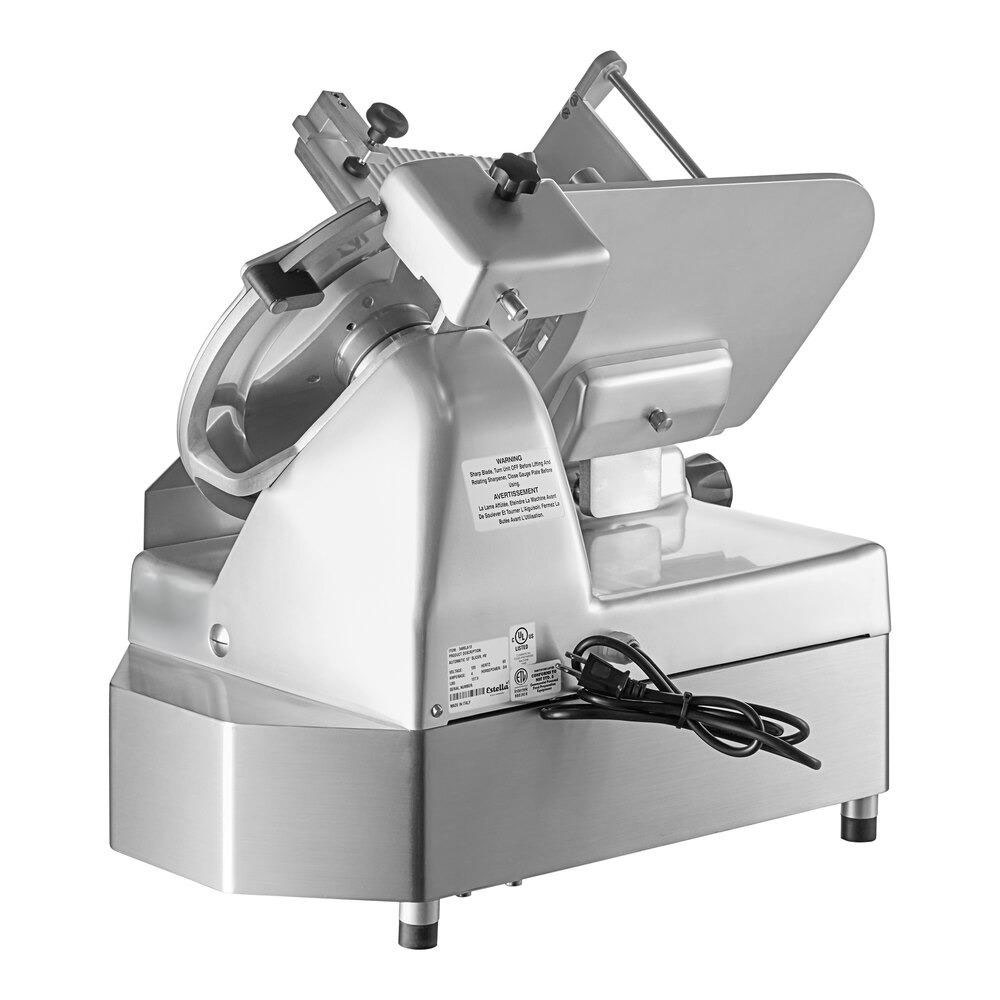
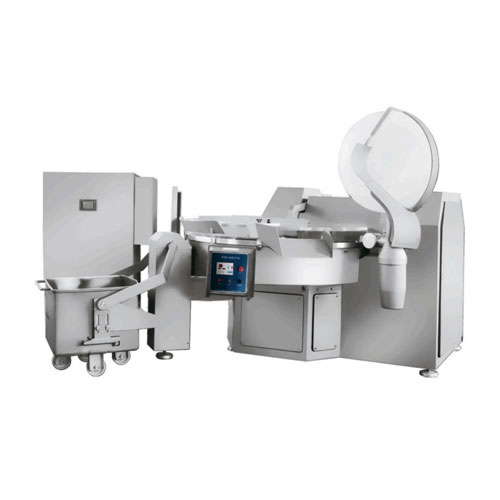
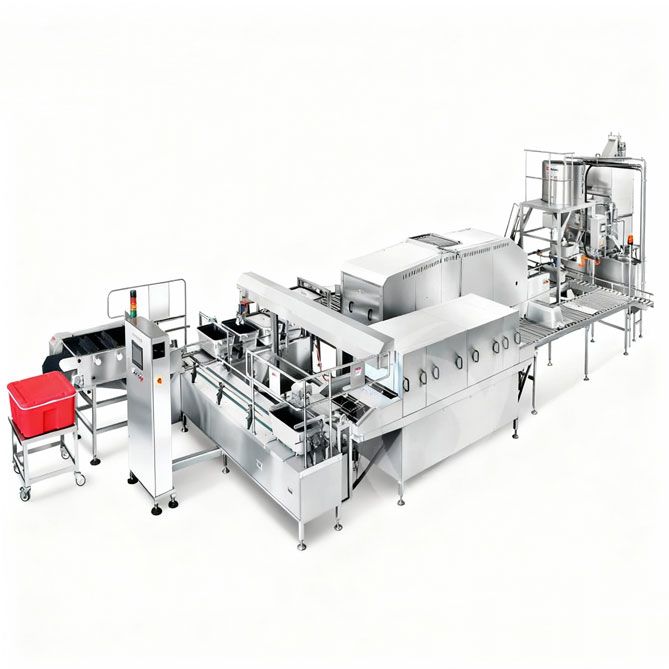
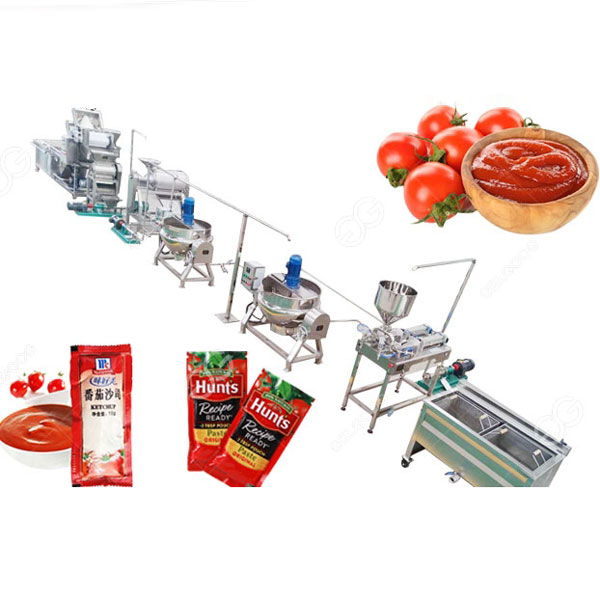 Small Scale Tomato Sauce Making Machine
Small Scale Tomato Sauce Making Machine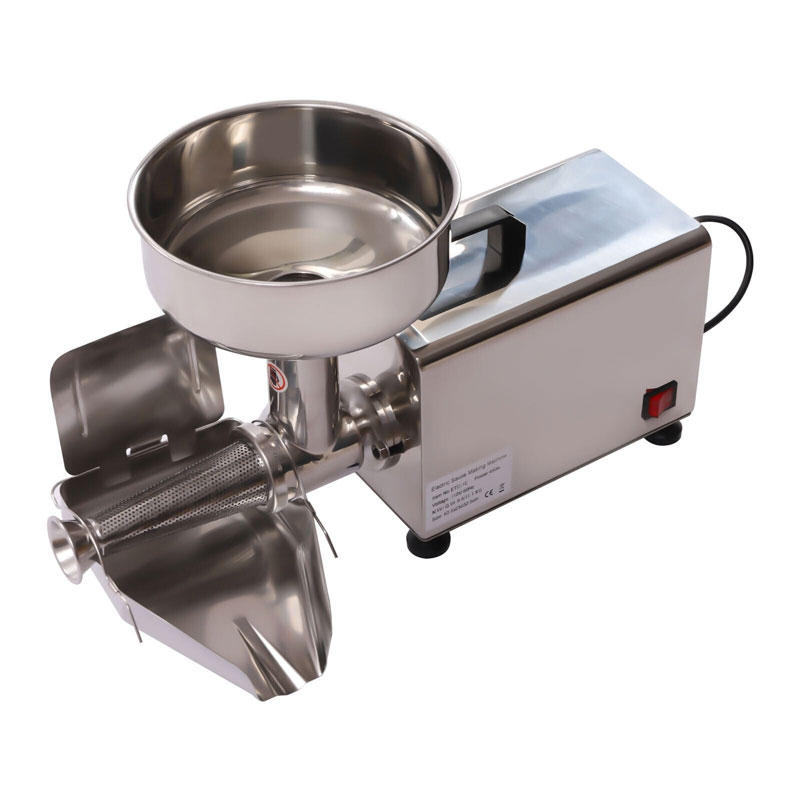 Tomato Sauce Milling Machine
Tomato Sauce Milling Machine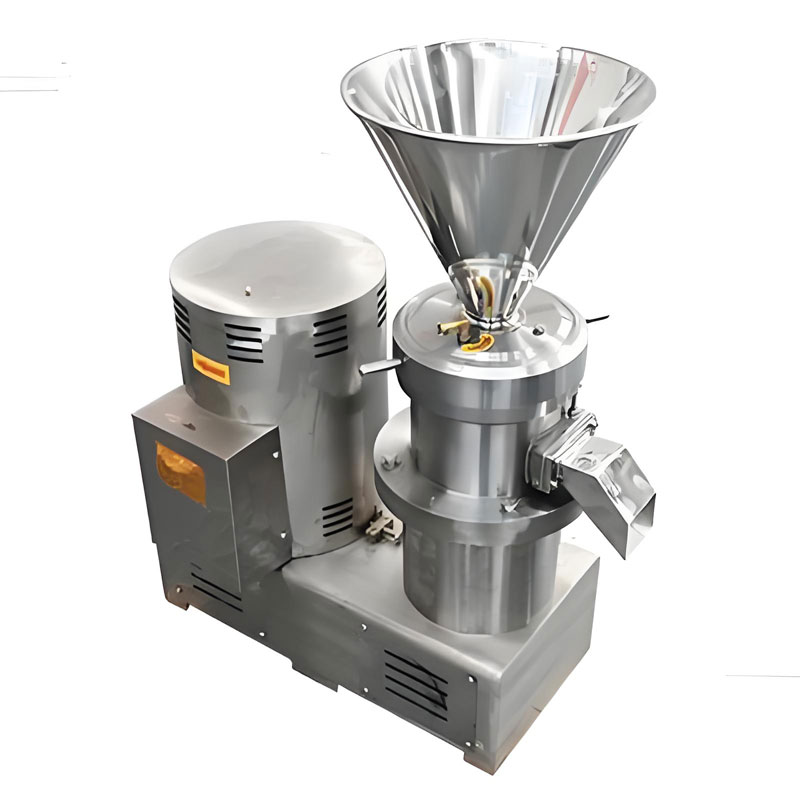 Tomato Sauce Grinding Machine
Tomato Sauce Grinding Machine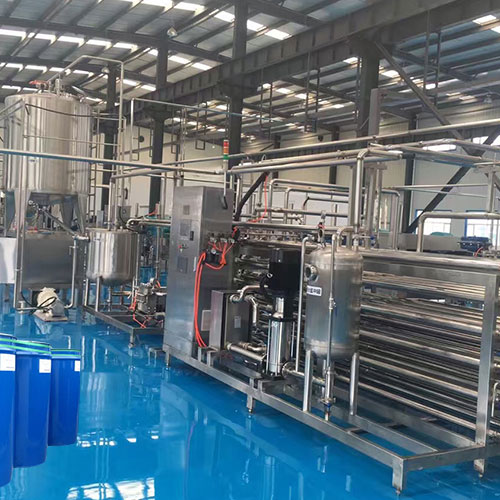 Tomato Juice Processing Production Line
Tomato Juice Processing Production Line
Ready to Get Started?